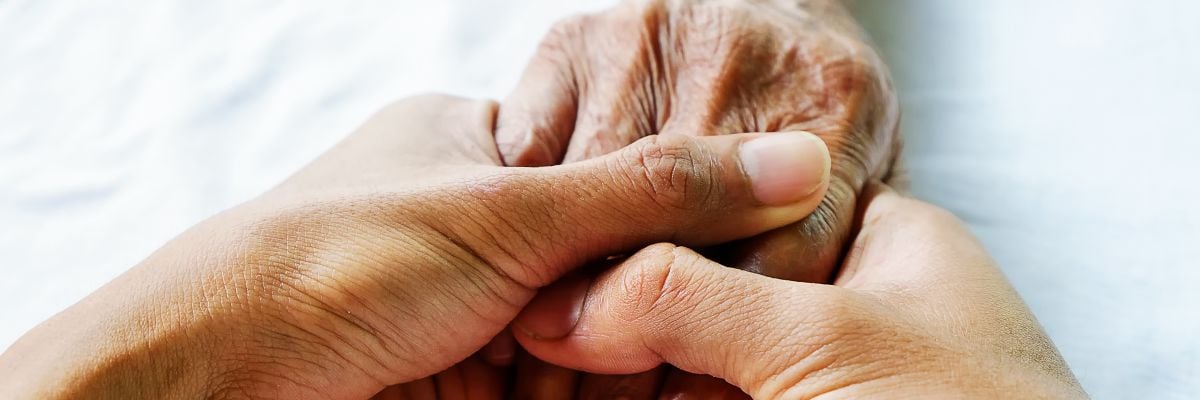www.catholic.com/qa/double-effect-and-the-end-of-life

Question:
What is the Church’s teaching on pain control to the point of becoming unconscious for an end-of-life situation?
Answer:
In Catholic moral theology there is a principle called “double effect.” This principle states that an action that has two effects (one good, one bad) is permissible if:
- The act itself is not intrinsically wrong
- The person acting intends only the good effect, and would avoid the bad effect if possible
- The good effect cannot be caused because of the bad effect
- The good effect must be in proportion to the bad effect
In some situations it may be necessary to sedate dying patients in order to relieve their pain. In such situations the secondary effects of the drugs used may hasten the death of the individual. This secondary effect may be permitted if the above listed principles are fulfilled. As such it would be argued:
- Relieving of pain is a morally good action
- Intending to relieve pain but not hasten death must be the intention; to purposely hasten death would make that action the primary intention or causation and therefore would render the action immoral.
- The hastening of death in this situation is not caused by the relieving of pain, it is caused by other secondary effects of the medication.
- The only reason that the secondary effect can be tolerated is because the person is already dying and near death; we should never give a drug that may hasten death for relatively minor illnesses; we should also keep in mind that it is quite possible that not relieving the pain could also hasten the patient’s death.
A patient may be rendered unconscious only if there is no other reasonable way to achieve pain relief. However, should that be the option that is left, it is indeed perfectly moral.
Enjoying this content? Please support our mission!Donatewww.catholic.com/support-us



